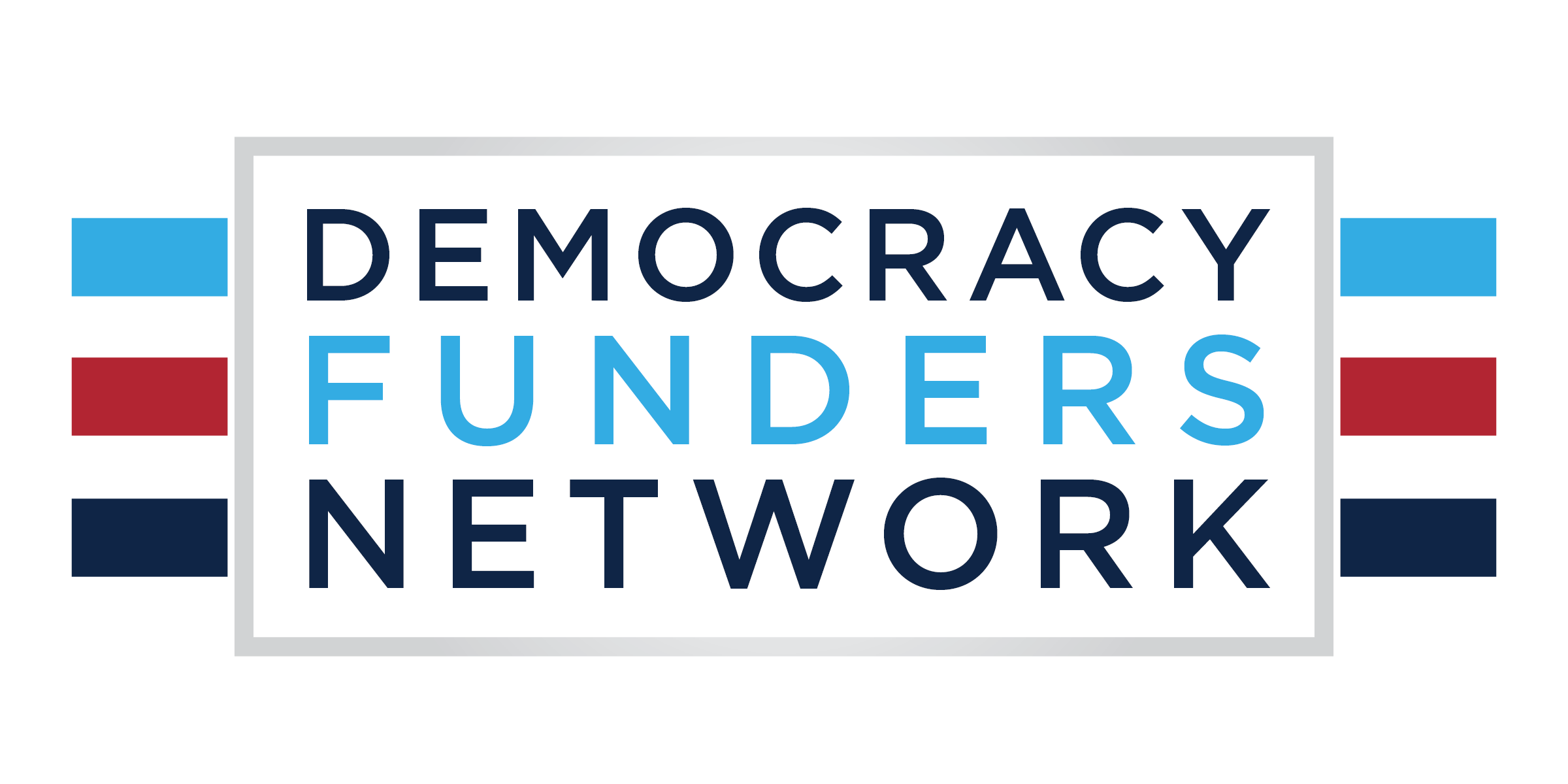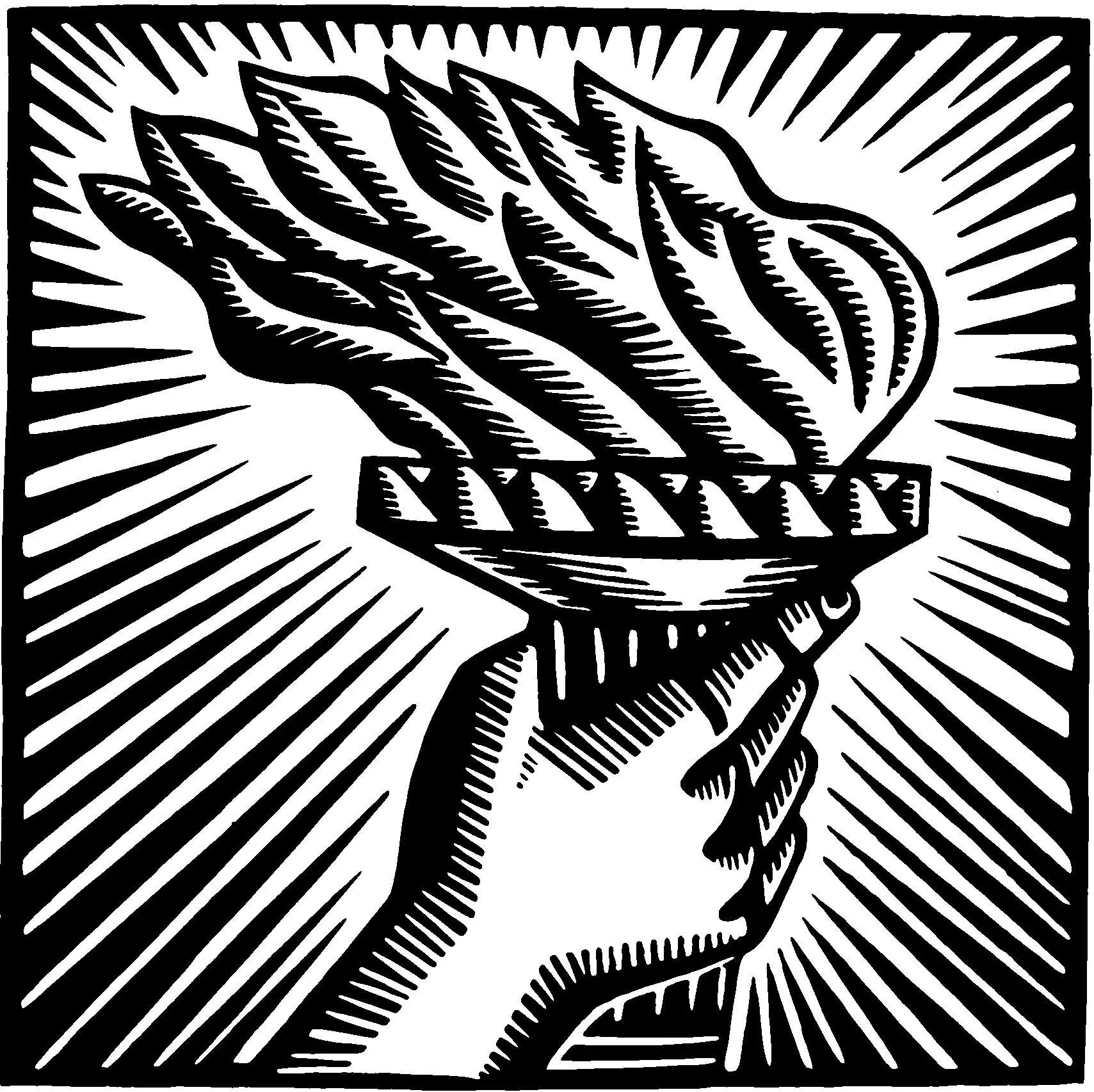In this brief update of the January 2023 report, we summarize how the trends we observed have become even more worrying. With implications for every funder's work, authoritarian populists have strengthened their hold on government power and are using it to restrict freedoms across a wide swathe of American life. Regardless of the programs or issue areas you fund, whether you're socially conservative or progressive, we hope the report and update will act as a guide to the challenges ahead and encourage greater collaboration across programmatic and institutional lines in defense of liberal democracy.Rising authoritarianism in the U.S. has the potential to profoundly damage civil society and the philanthropy that supports it, damage that itself has the potential to further accelerate autocratic rule.
What Happens if It Happens Here? U.S. Philanthropy, Civil Society, and the Authoritarian Threat
The size, strength, and diversity of American philanthropy and civil society are unique in the world. These institutions have a key role to play in first stopping and then reversing the trend of democratic backsliding.
Authoritarians know this, which is why they have set their sights on civil society organizations and their funders. Groups working to ensure free and fair elections, reform police practices, or defend the rights of Muslim, Jewish, or LGBTQ Americans are among those contending with official harassment and threats of violence encouraged by politicians and rightwing media. Prominent funders have been targeted as enemies of “real Americans” and threatened with asset seizure. These examples, as well as the experiences of people in U.S. states and foreign countries undergoing democratic decline, tell us what might be coming. The warnings are all around us.
Changing the nation’s trajectory for the long term will involve work for which philanthropy and civil society are uniquely suited: helping Americans bridge divides and come together to build a fully functioning system of self-government. Doing so will demand taking on illiberalism on both left and right. In the near-term, however, philanthropy will have to contend with growing authoritarian factions on the right that are using government power, and even political violence, to gain and maintain control – and that threaten philanthropy and civil society itself. The danger comes from those who are no longer interested in the give and take of policy making, of negotiation and compromise, and who reject one of the key principles that make democracy work: the willingness to lose to the other side.
To access the original report and/or this update, please info@democracyfundersnetwork.org.


















